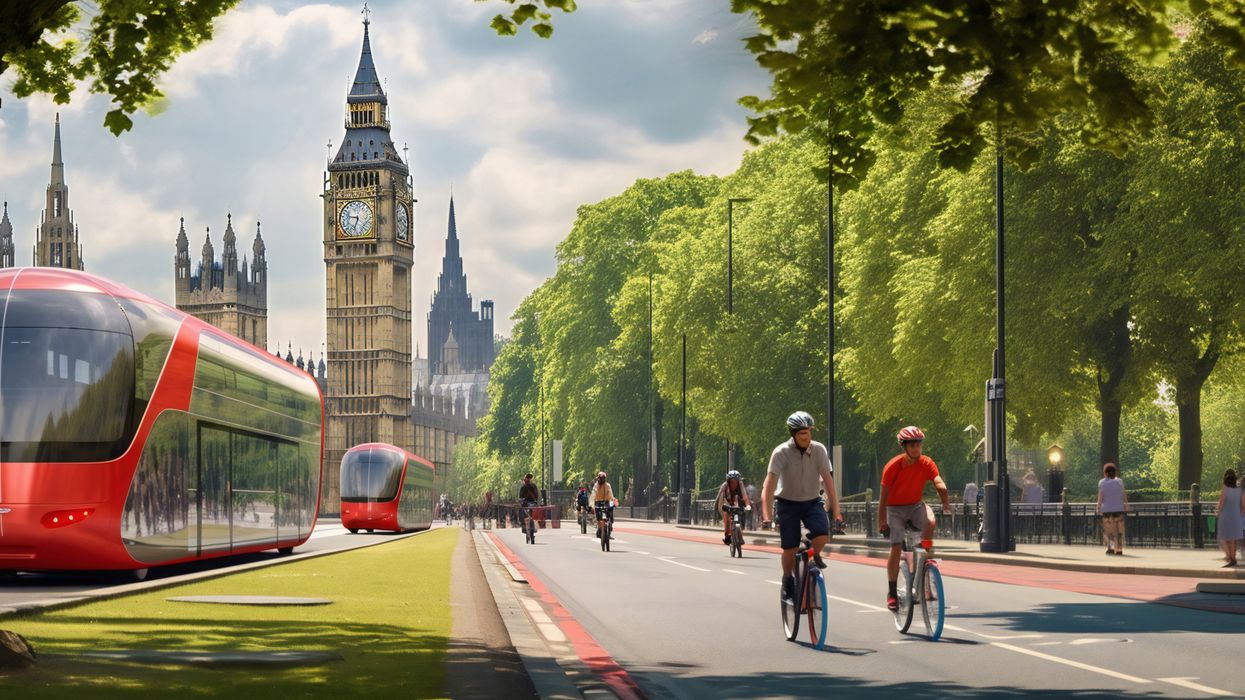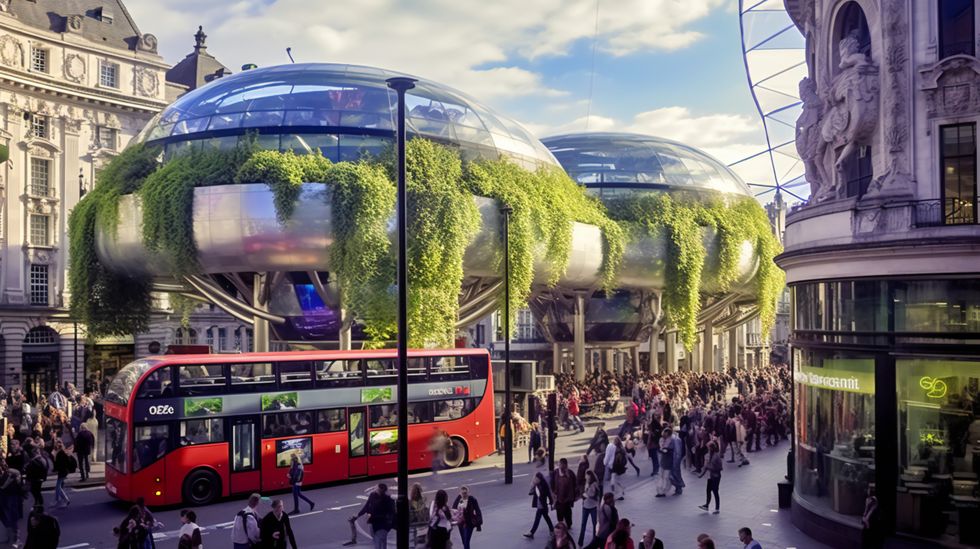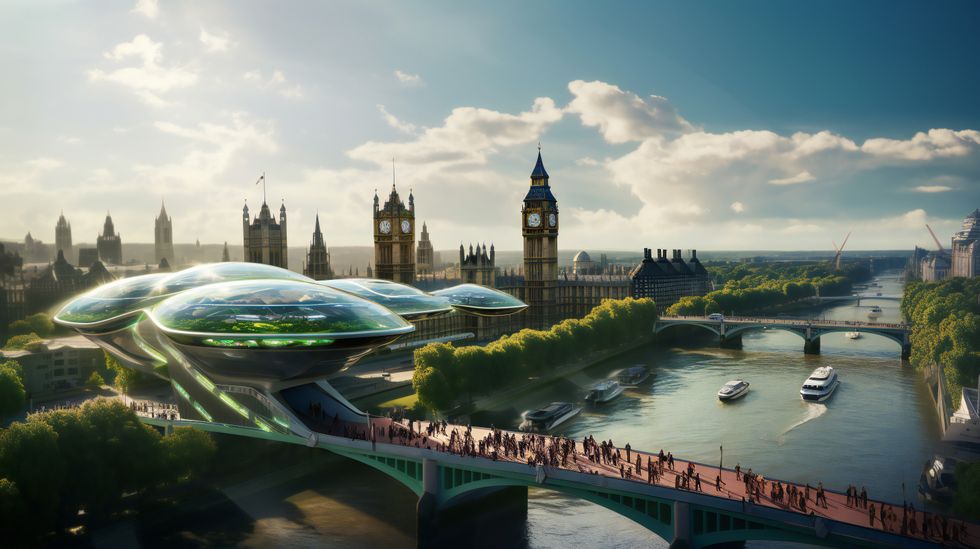
London could radically transform before 2050
SWAPFIETS
London could get rid of cars before other major cities like Tokyo, Copenhagen and Beijing
Don't Miss
Most Read
Trending on GB News
Britons believe London will become the first car-free city in the world by 2050, thanks to environmental practices already put in place.
September 22 is World Car Free Day and to mark the occasion, new data has found the UK will beat out the likes of China, the Netherlands and Japan to have the world’s first city without cars.
These measures aim to reduce emissions in the capital by charging motorists to pay higher costs if they have an older or more polluting vehicle.

Many believe cars will be replaced with public transport and electric bikes
SWAPFIETS
The Ulez was recently expanded to cover Greater London and further slash emissions, with Mayor Sadiq Khan being a big proponent of the scheme, despite fierce backlash to the scheme from motorists and politicians.
Many see it as an imposition on driver's rights, with the Government imposing strict rules on motorists about which cars they can and cannot use in their local area.
There has been strong resistance to environmental plans like Low Traffic Neighbourhoods and 15-minute cities, with some drivers fearing for their freedom of movement.
The new research predicts that London’s streets will be pedestrianised, with a focus on buses and the Underground network as trees dominate the skyline.
A specially commissioned AI artist has shown what London could look like in 2050, with a number of dramatic changes introduced.
Futurist Dan Sodergren commented on the study, saying that he dreams of a future where the public is less dependent on private cars.
He added: “This societal shift promises not only to better our environment but also to redefine our urban spaces—think walkable pedestrian zones, extensive cycling paths, and an influx of green spaces to aid in the battle against climate change.
“While the road to this idyllic future might be challenging, the rewards promise to be bountiful. Armed with technology, we must resiliently undertake this transformative journey starting as soon as possible.”
Drivers expect London to be the torchbearer for car-free cities, followed by Amsterdam, Tokyo, Copenhagen and Beijing.
More than half of Britons think bikes and e-bikes are the most likely options to replace cars, while 23 per cent believe scooters will see a huge boost in popularity, according to Swapfiets.
A staggering eight per cent of Britons believe segways could make a return and become commonplace on London’s roads.
LATEST DEVELOPMENTS:

London is expected to beat out the likes of Copenhagen and Tokyo
SWAPFIETS
Dan Sodergren continued, saying: “We needn't aim for a world entirely without cars, but one significantly leaner on them, and we owe it to the next generations to make this happen. This crucial journey must begin now—before it's irreversibly too late.”








